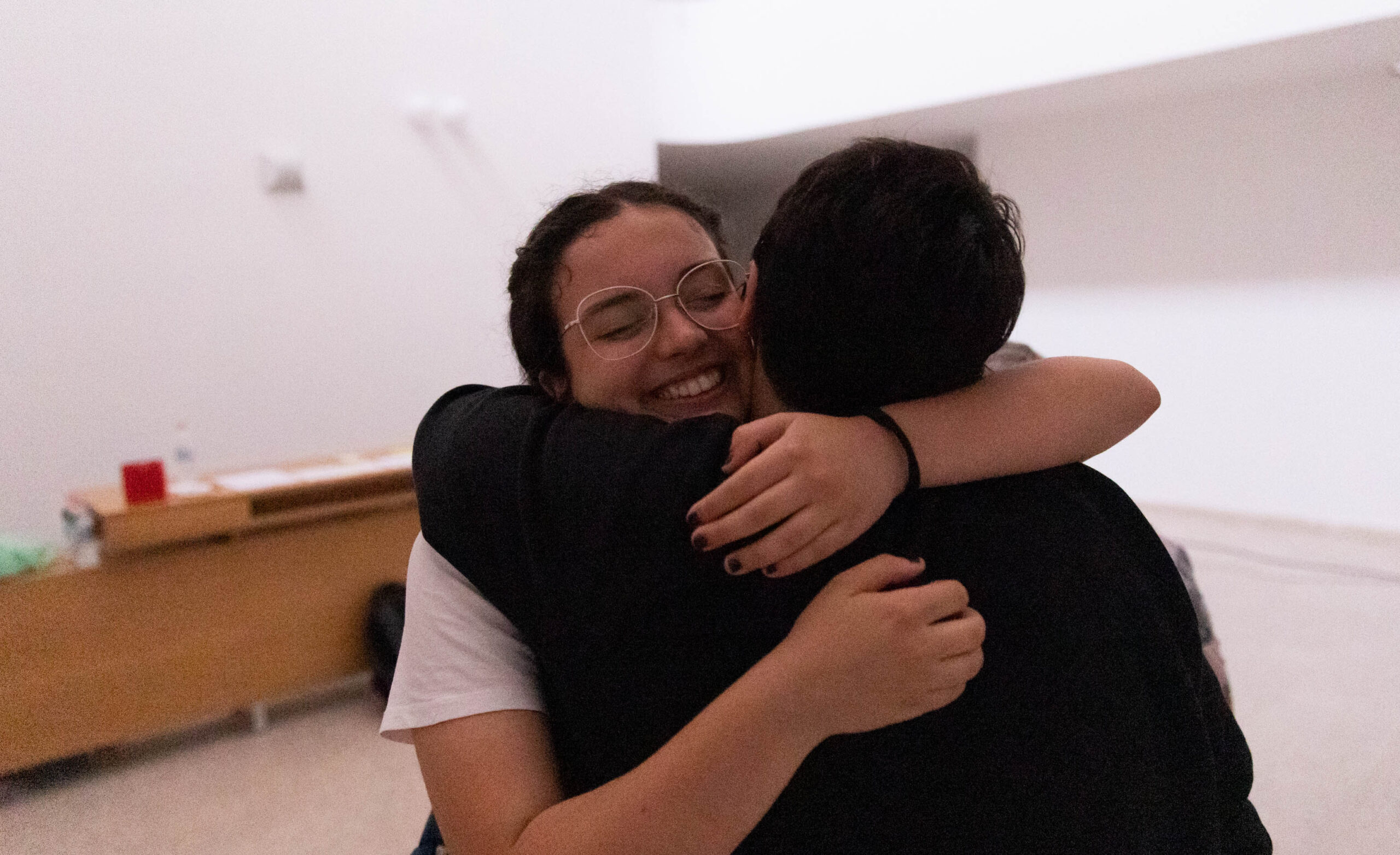CASE HISTORY
The Factory of the Present
In the heart of Matera, the village of La Martella has become the epicenter of an innovative community design project called “The Factory of the Present – Community Conversations.”
Curated by Donatella Caggiano and Brunella Guida, in collaboration with the Adriano Olivetti Foundation, this initiative draws inspiration from the Olivettian “Factories of Well-being,” models of human regeneration that place citizenship and its needs at the core of their design.
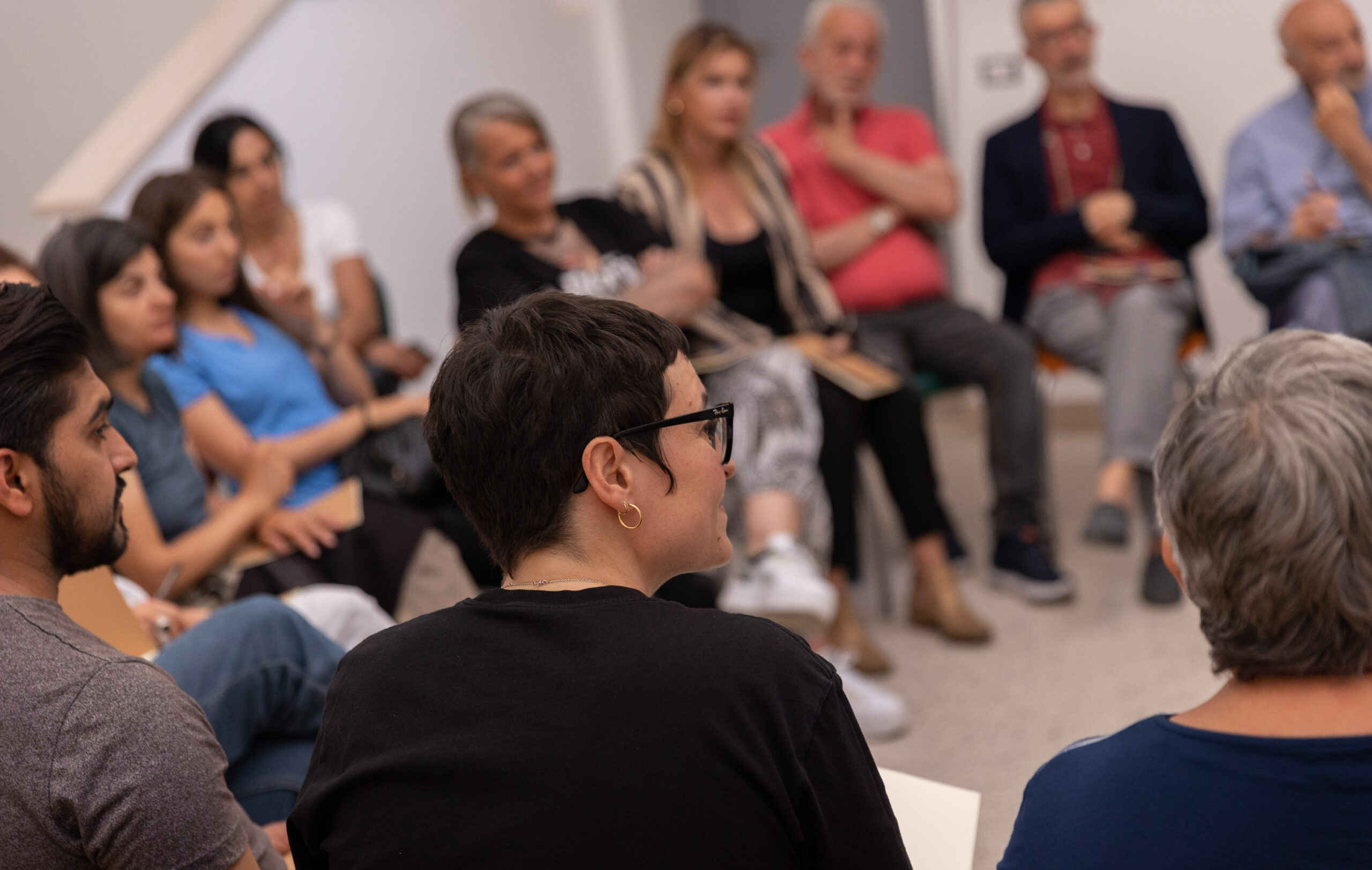
The Vision Behind the Project
The Factory of the Present aims to foster a sense of belonging and active participation among community members. Through a series of structured conversations across three distinct phases—past, present, and future—the project seeks to transform dialogue into concrete action.
Utilizing tools of dialogue, design coaching, and future studies, it focuses on people, spaces, and interactions.
La Martella: A Community Laboratory
The First Conversation:
Archaeology of the Past
The first conversation took place within the Quaroni Theatre in La Martella, where participants were invited to reflect on the past through a guided walk narrated by a local historian.
The shared stories inspired participants to capture photographs representing elements of the past they wished to bring into the present.
Insights from
The First Conversation
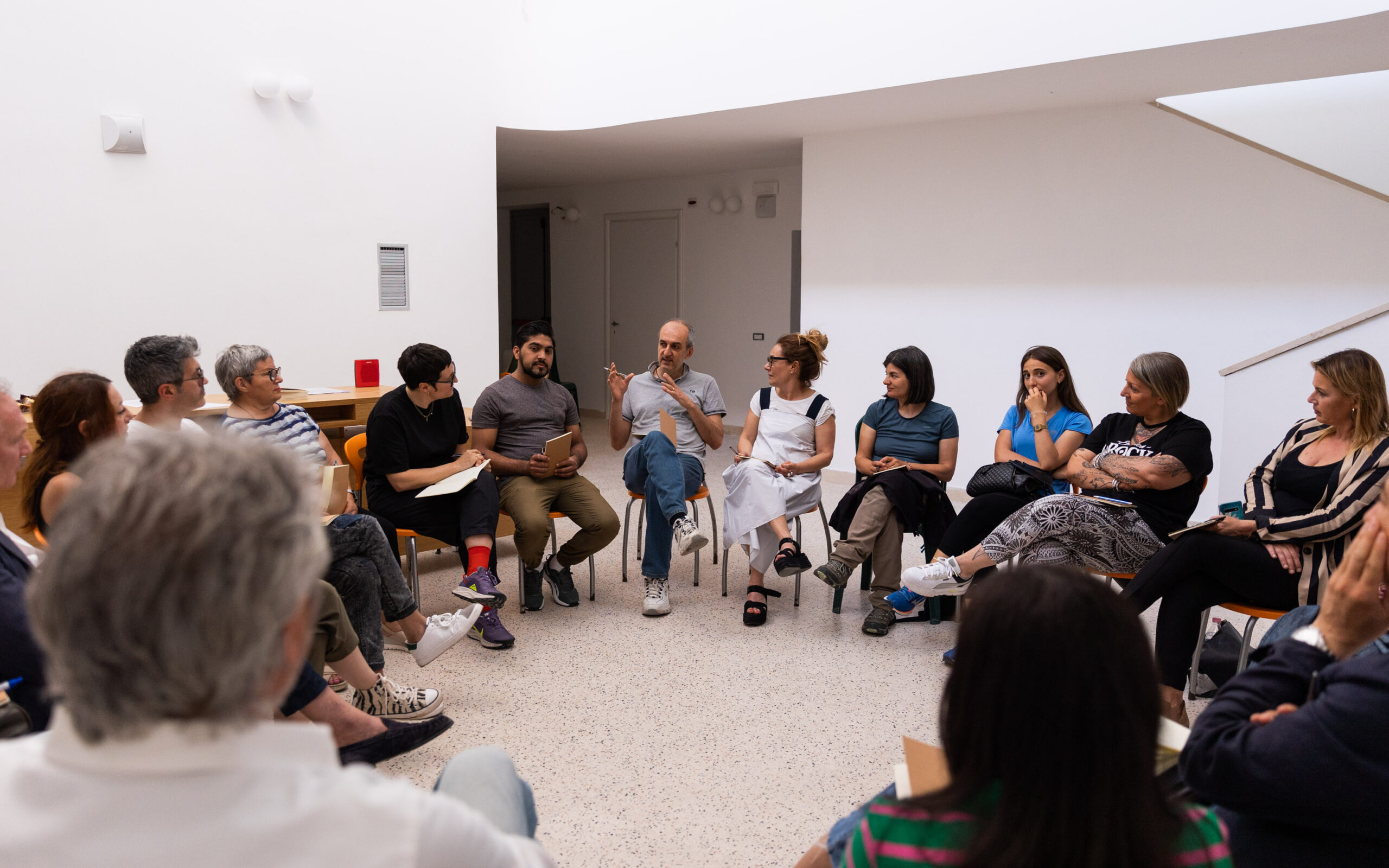
The Second Conversation:
Activating the Present
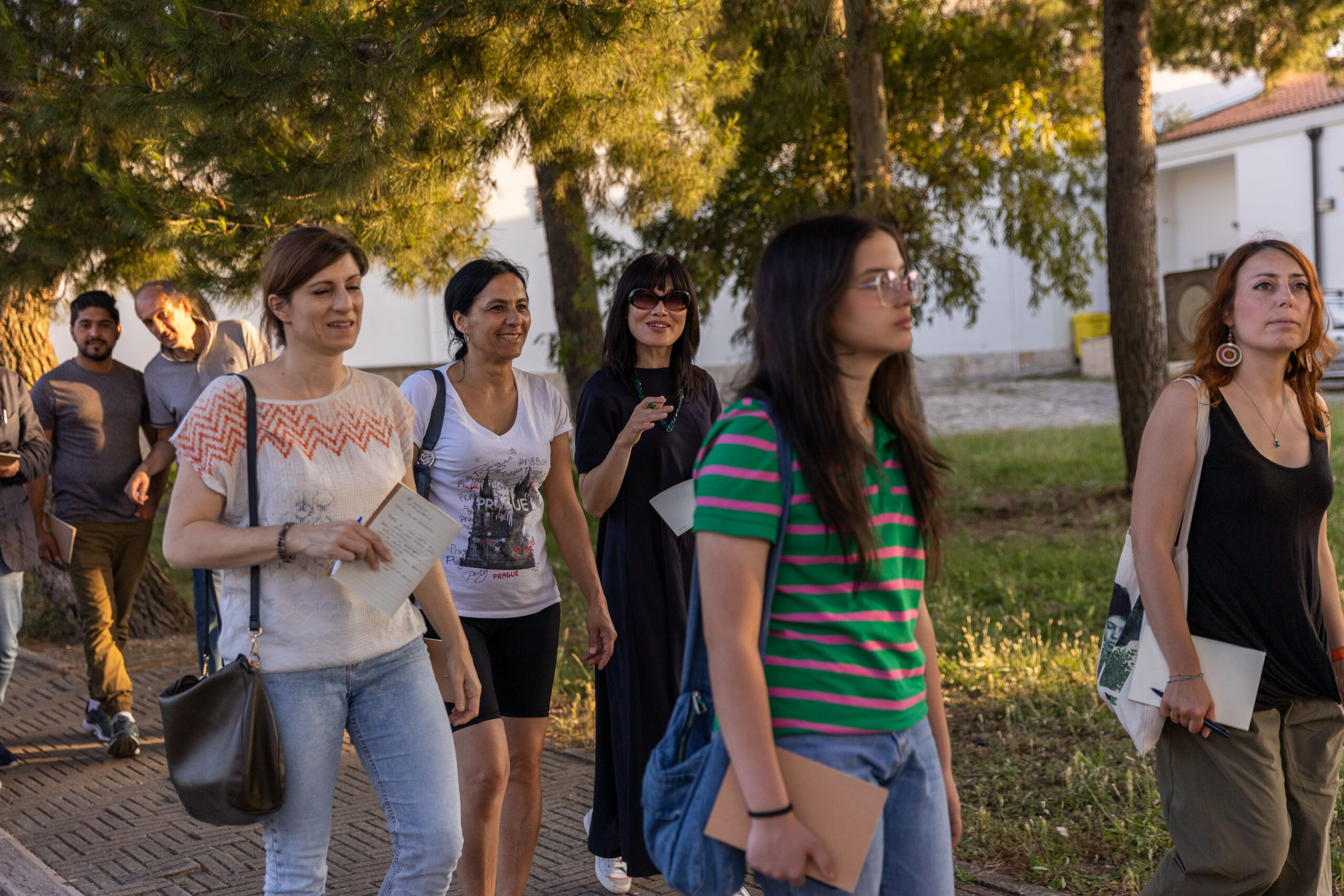
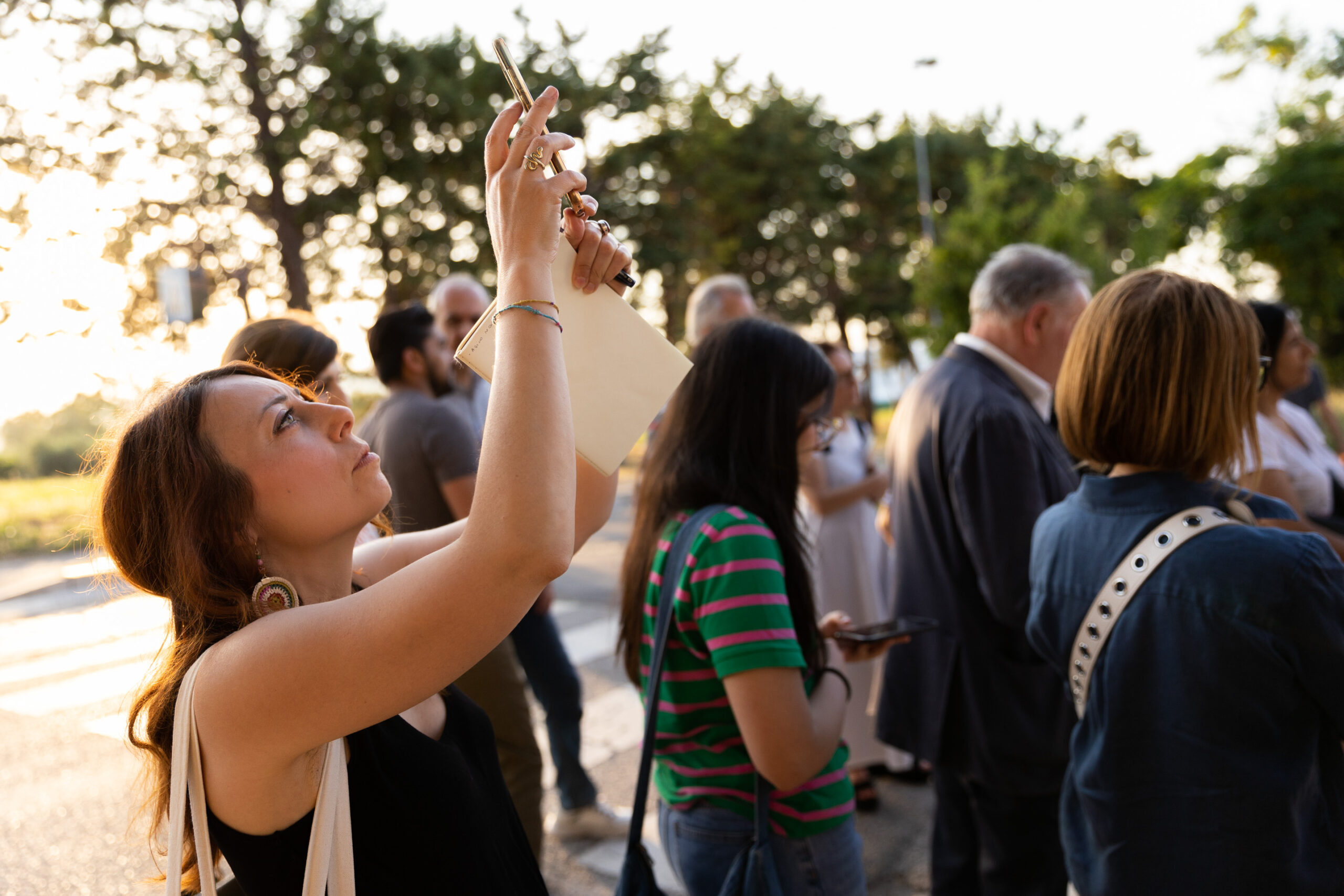
Pivot and New Commitments
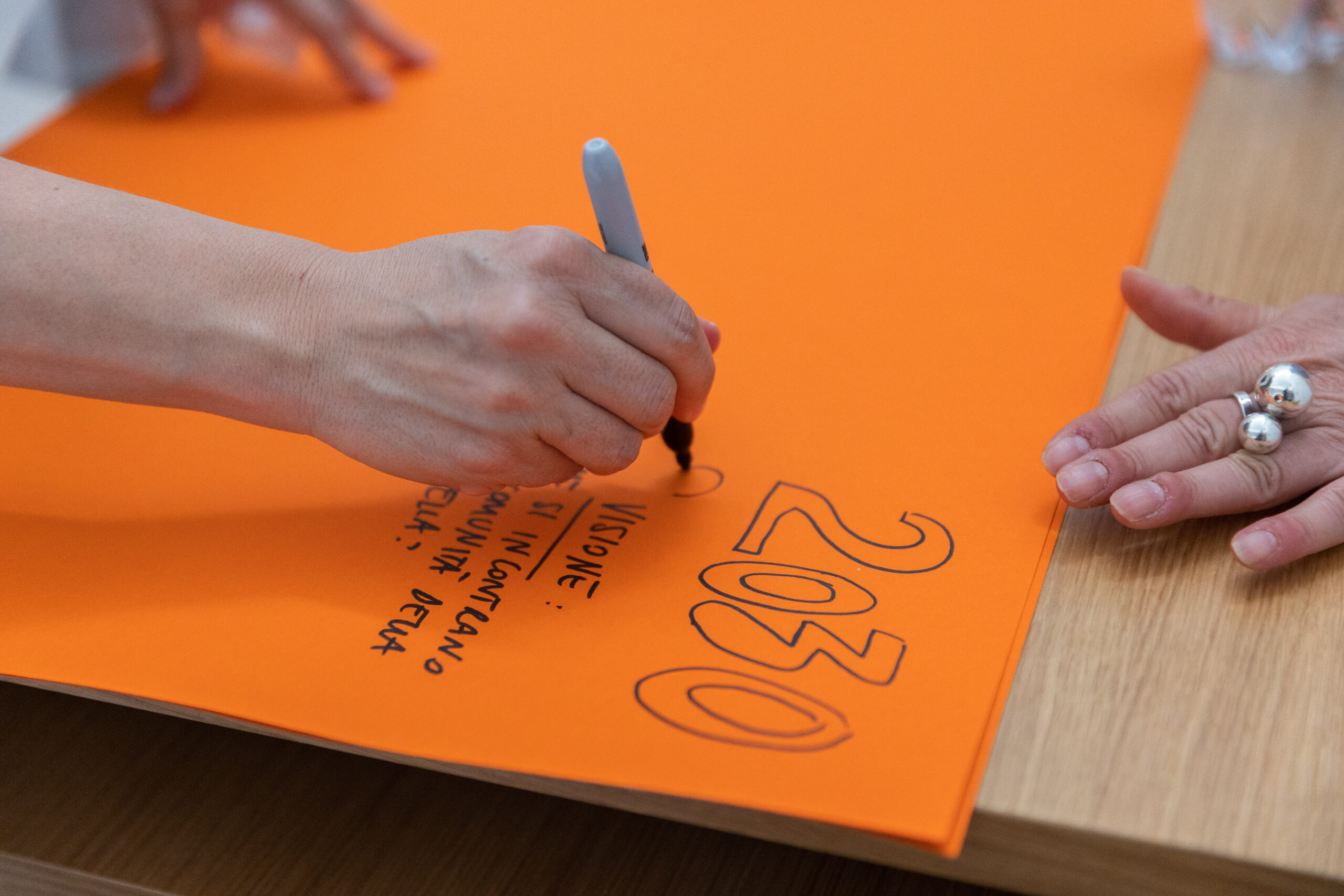
The Third Conversation:
Imagining the Future
Insights from
The Third Conversation
Insights from the First Conversation
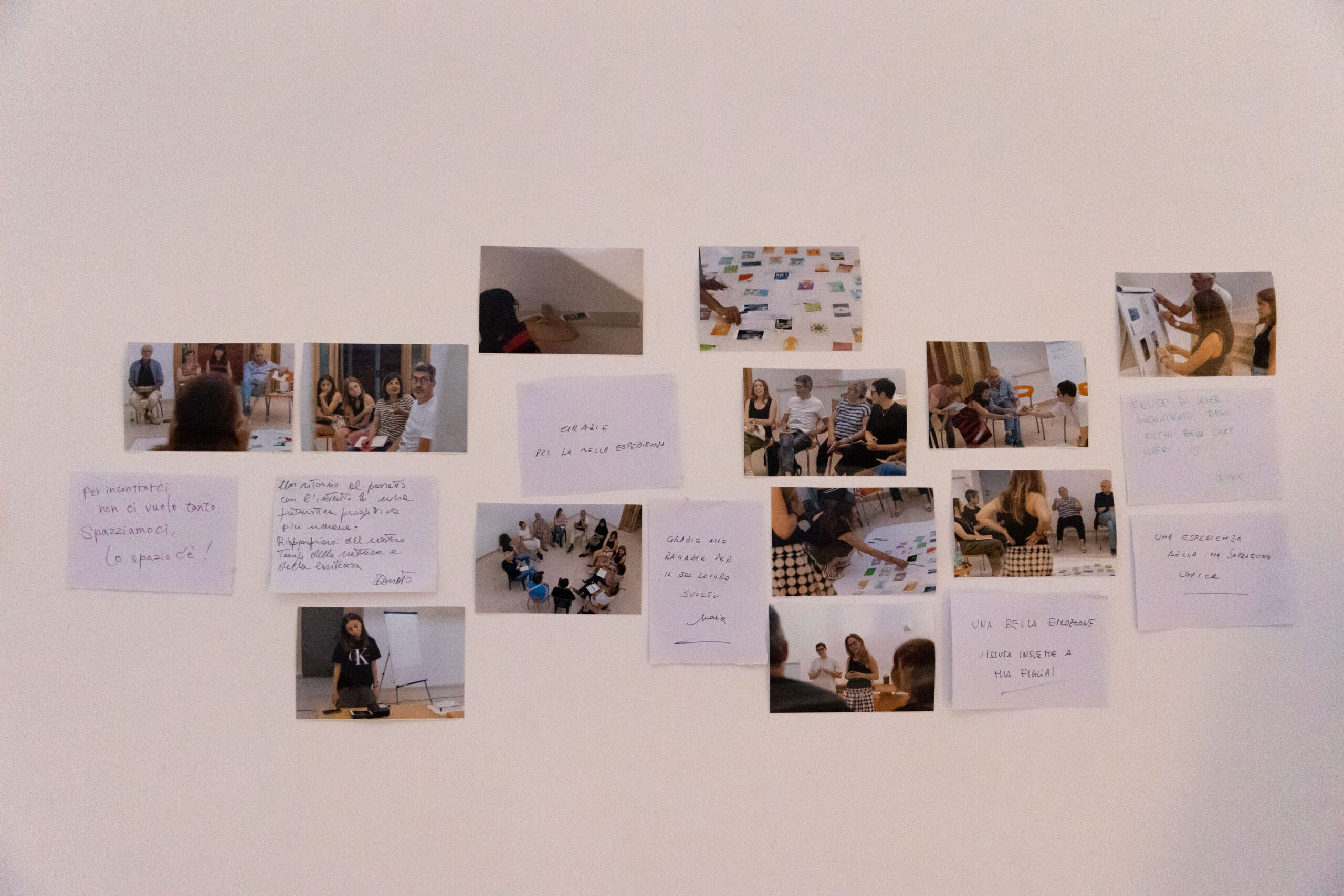
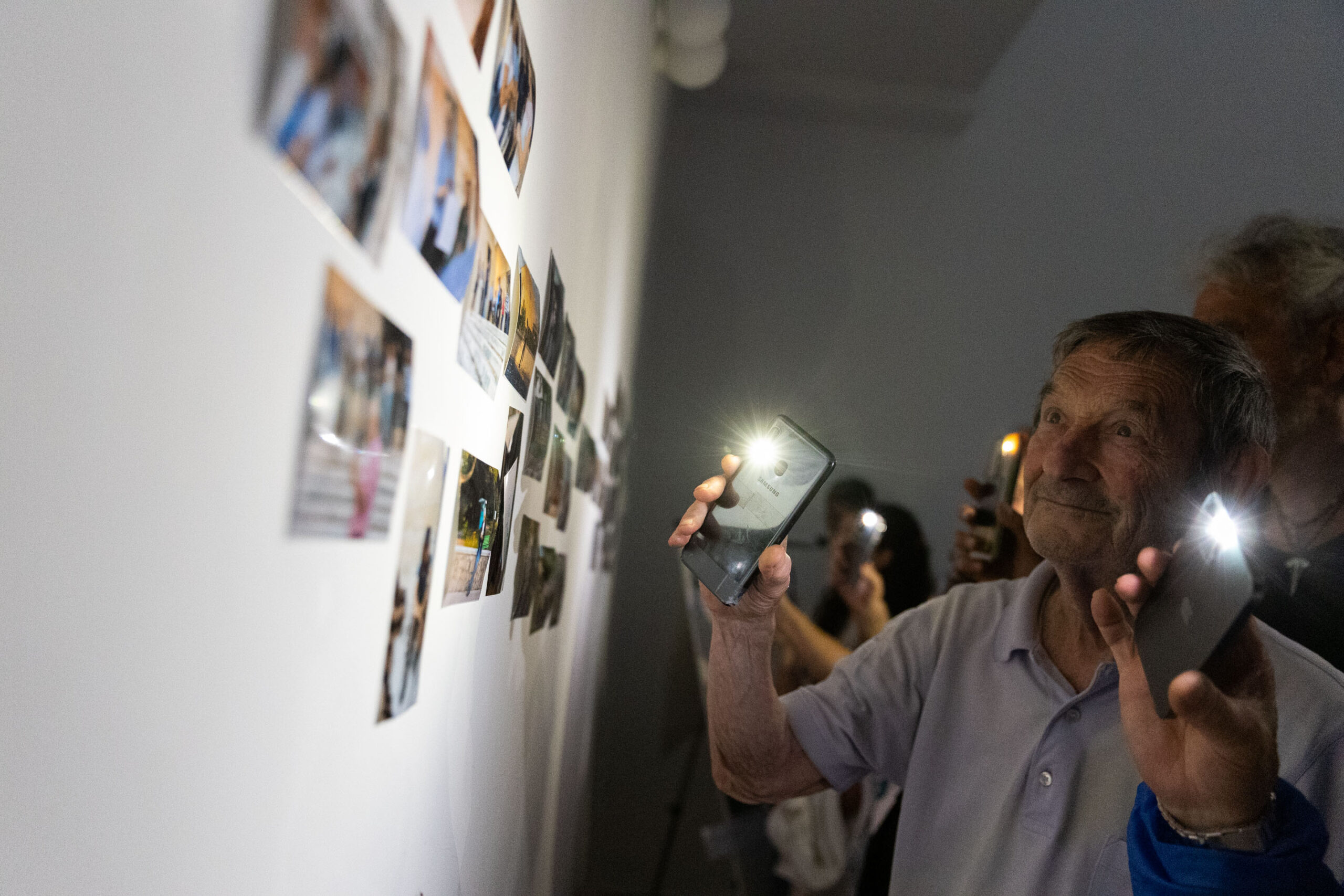
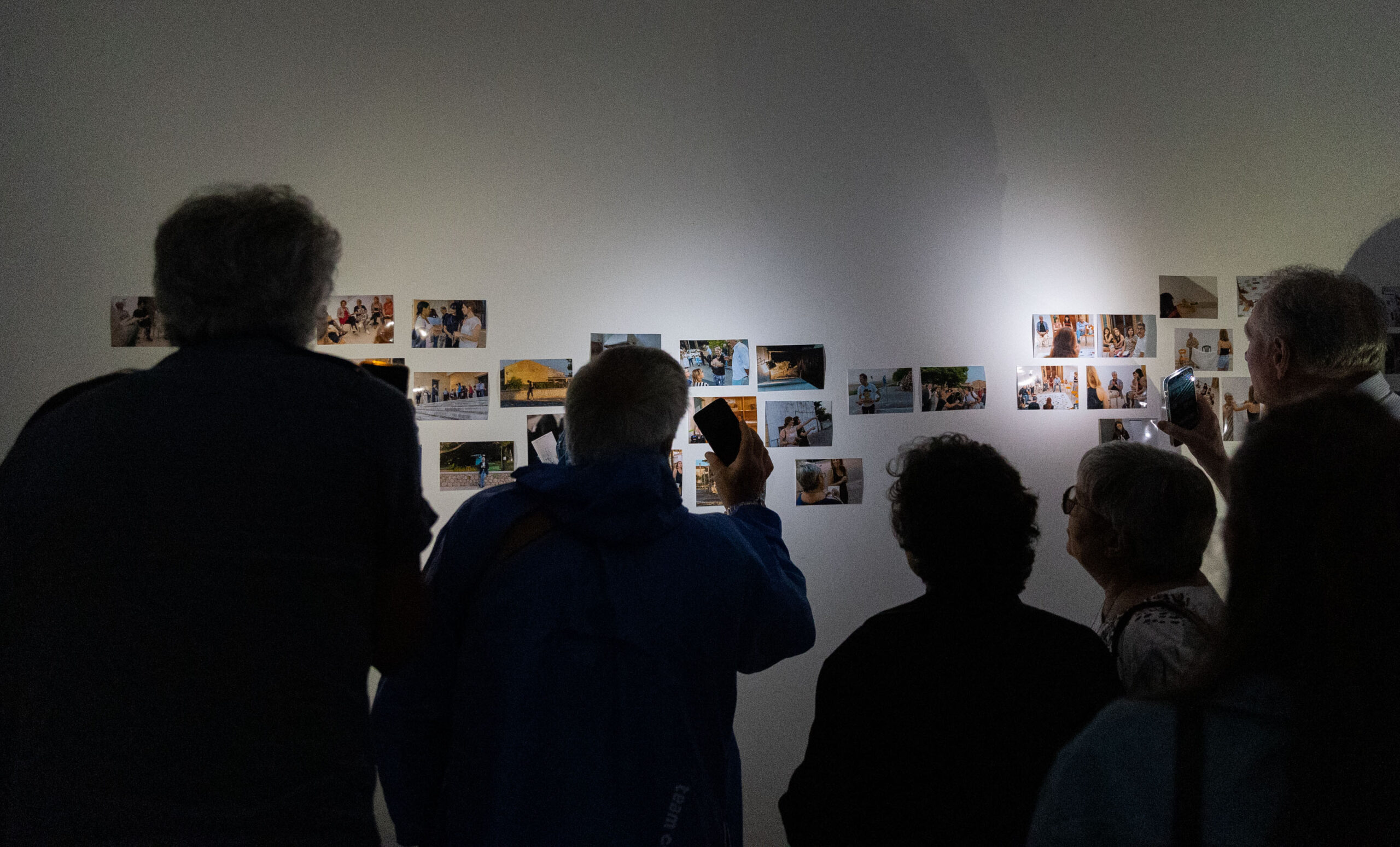
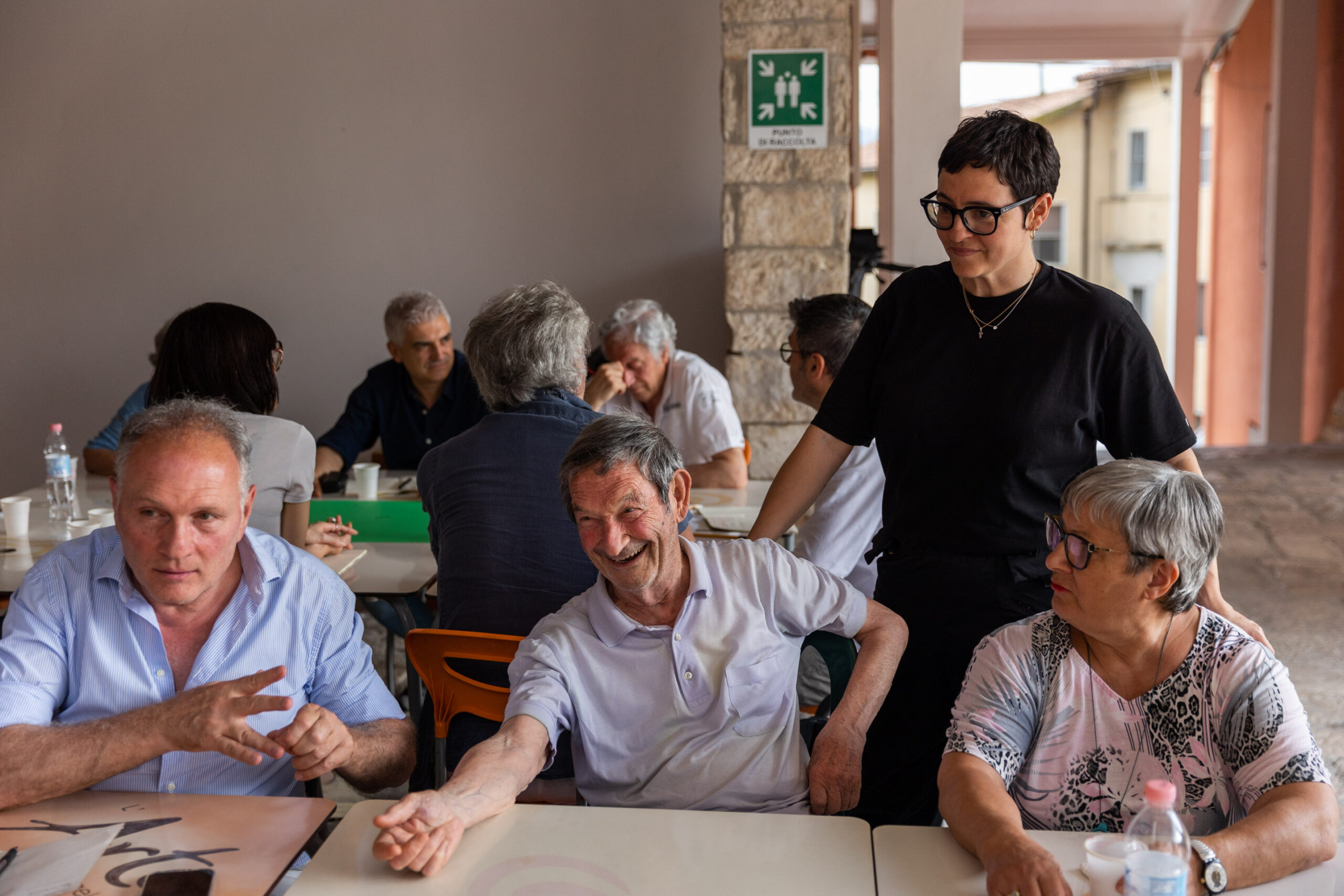
Conclusions
